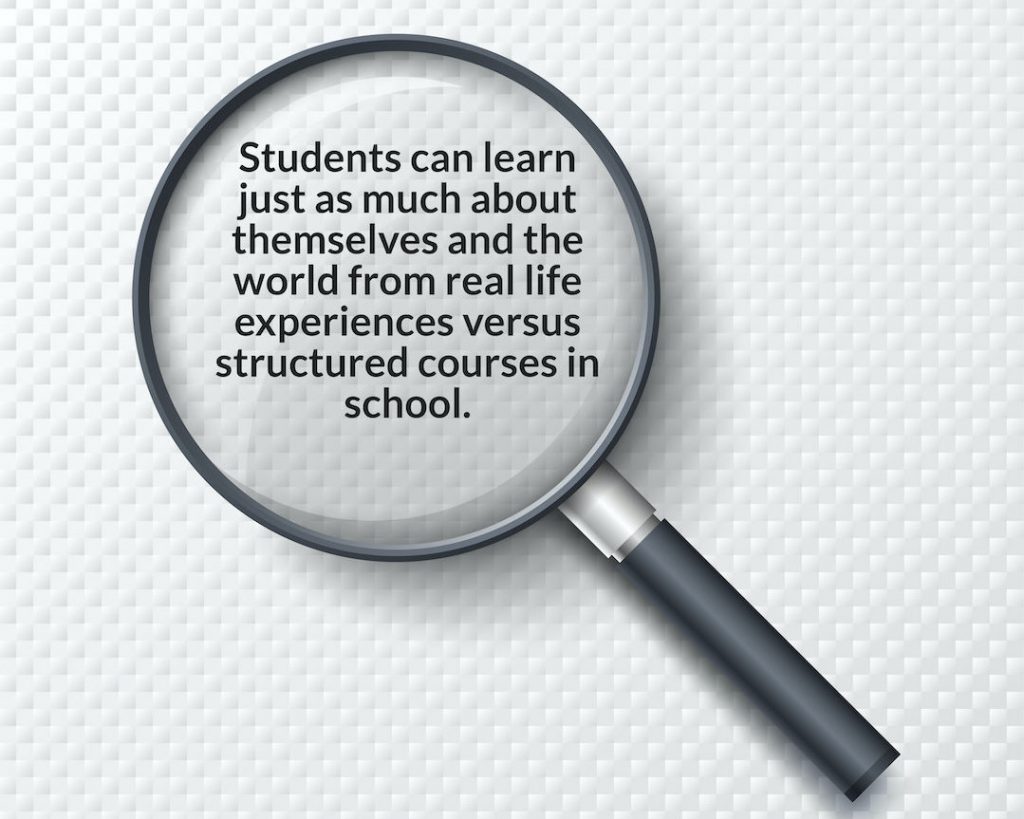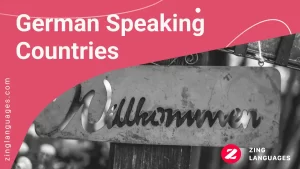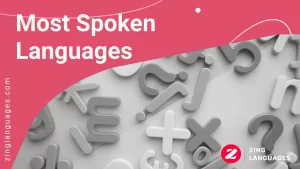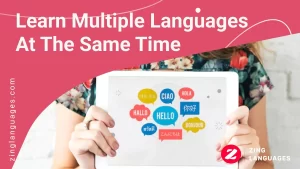In this new era of Internet-powered technologies, the 21st century education is becoming more relevant, as Artificial Intelligence is replacing routine jobs traditionally done by people. The Covid-19 made companies adopt digitalization, accelerating the rise of the digital economy.
The new economic reality is that any job based on the rules and processes will be automated in the coming decade. This massive economic shift will replace many service-based jobs, where India currently has an edge.
It can be said, Machines are well-suited for routine, repetitive tasks. In a nutshell, the 21st century is all about humans and our innate human abilities that cannot be automated, i.e., creativity, social intelligence, and harnessing human potential.
Current Educational System
Today, it is clear that our educational systems need to respond better to a changing world. What was considered a good education a couple of decades ago, is no longer enough for success in college, career, and life.
In today’s system, most of the learning happens at work, and the knowledge gained in the schools and colleges is too theoretical based on the “Three Rs” (reading, writing, and arithmetic).
The need of the hour is 21st century skills such as creativity, critical thinking, communication, and collaboration, also called “Four Cs“.
So, ask yourself these questions,
1. Well-educated? What does that mean now in the 21st century?
2. How do we nurture curiosity in ourselves and our children?
3. How do we inspire people to become self-motivated learners?
The Ideal 21st Century Classroom
The classroom must empower students with transferable skills that will hold up to a rapidly changing world, rather than prescribed content chosen for its past relevance. The ideal 21st century education is like,
- The kids are excited about going to school.
- Lessons are related to community and human capacities.
- Students collaborate with people from different schools, different countries, and different cultures to work on a common issue.
- Curriculum is designed to incorporate skills and intelligence. Project-based lessons, no more textbooks.
- Teachers become tutors or learning catalysts. Students to interact with scientists, politicians, etc.,
- Foster a love of learning.
The Ideal Outcome of 21st Century Education
- Global citizens that can adapt to any culture
- Students to decide their career path, rather than the parents
- Do what they like, like what they do
- No cap on earning potential and no fear about job security
- Work with global teams, outsource the task they don’t like
- Be your boss, flexible timing and location
Video: Sir Ken Robinson makes the case for a radical shift from standardized schools to personalized learning — creating conditions where kids’ natural talents can flourish.
How to Integrate & Implement 21st Century Education?
The 21st century education movement is more than a decade old, yet educators are finding it difficult to integrate the skills into the curriculum.
At “Zing Languages”, we have taken the first step towards it. The ultimate goal of learning a language is communication, so we developed language courses based on practical spoken language. The curriculum focuses on just 800 words used in the daily conversations and students get to interact with the native speakers to apply their learnings.
Additionally, the students are aided with daily micro-learning modules. Students are encouraged to raise their queries in discussion forums to promote peer-to-peer learning.
Here are some tools to implement the 21st century education,
Critical Thinking
One can’t learn well without asking questions and making mistakes. To ask questions, one must first think well. Critical thinking and problem-solving analyze the bigger picture of the system of how things interact with each other to produce overall outcomes in a complex system.
Tool: Students can use the System Thinking framework.
Communication
Now you have an idea. Communication is about how well you communicate to a wider group of audiences using different communication channels and contexts (including multilingual and multicultural environments).
Tool: Speaking with people across the globe (oral) and Data visualization & graphical software (non-oral).

Collaboration
You communicated your idea and people are interested in working with you. You must demonstrate the ability to work effectively and respectfully with diverse teams across the globe in multilingual and multicultural environments.
Tool: Partner with local & international institutions and work on a common issue.
Creativity
You are a team now. You need to be open and listen to diverse opinions and perspectives. Come up with creative and innovative solutions, at the same time view failure as an opportunity to learn.
Tool: Entrepreneurship.
About Author
I’m Hari, co-founder of Zing Languages. Before establishing this company, I set out on a learning journey to overcome the limitations of the present education system, the system that imparts knowledge rather than learning skills.
Based on my experience, my objective was to create a society of self-directed learners to tackle the massive challenges of the 21st century. Being a founder of (other) consulting firm, I work with startups ranging from seed to c-round. This exposure has given me a good vantage point to see how technology would impact the lives in the future and how the 21st century education can help future-ready students.




